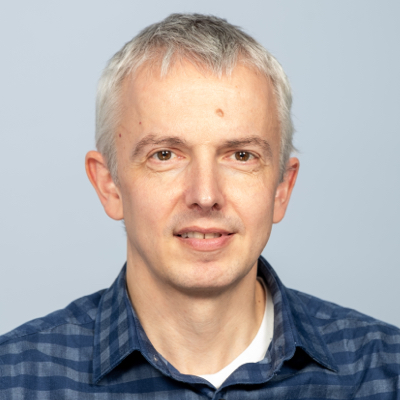January 15, 2013
Honduran newspaper El Heraldo reports that a plan for the creation of “model cities” was reintroduced in the Honduran congress yesterday, months after the Supreme Court declared earlier such plans to be unconstitutional. Congress President Juan Orlando Hernández said that he did not expect the plan to run into the same legal problems as last year because he had taken into account the Supreme Court’s arguments for its decision.
According to El Heraldo, the bill proposes the creation of the 12 special regimes of various kinds which “shall enjoy operational and administrative autonomy.” Among these are “ciudades autónomas.”
Earlier this month, NPR’s This American Life profiled the “model cities” or “charter cities” concept for Honduras in a report that only presented one side of the debate. The report follows reporters Chana Joffe-Walt and Jacob Goldstein’s previous account of the Honduran “model cities” concept for NPR’s Planet Money, and an early examination of the plans in The New York Times Magazine by Planet Money co-creator Adam Davidson.
There is much important context that the This American Life “model cities” profile left out. First, the proposed “model cities” could impact the land rights of Garifuna (Afro-indigenous) communities in the area. There was little mention of opposition to the “charter cities” idea inside Honduras, outside of lawyers and the Supreme Court decision. And crucially, Honduras has been in a state of relative chaos since the coup, with a breakdown of institutions and the rule of law leading to, among other things, Honduras having the highest murder rate in the world (now at 91 per 100,000 people, according to the UN) (a fact that the This American Life report does note).
As The Americas Blog readers know well, there is a strong political dimension to this violence. As human rights organizations from Human Rights Watch to Amnesty International to the International Federation for Human Rights have described, there has been political repression since the coup, targeting opponents of the coup and of the current Lobo government with assassination, forced disappearance, torture, rape, kidnapping, and other abuses. Journalists, lawyers, opposition party candidates, the LGBT community, and women have also been targets, with attacks against each of these groups spiking since the coup. The Garifuna communities are another targeted group, with, e.g., land barons in the Zacate Grande region attacking community groups and radio stations. Honduras is now widely recognized as one of the most dangerous countries to be a journalist, with some 23 journalists murdered since President Lobo took office in January 2010 according to the Committee to Protect Journalists.
A prominent attorney, Antonio Trejo Cabrera, who opposed the “model cities” plan and who represented campesino groups in another conflict area – the Aguan Valley – was assassinated in September in a case that received international media attention and was widely denounced.
NPR listeners might also be interested to know that Honduras had made economic progress under the Zelaya government prior to the 2009 military coup d’etat (the This American Life report does not mention the coup). As we described in a November 2009 report, poverty and inequality decreased significantly during the Zelaya administration, with economic growth of more than 6 percent during the first two years. The Zelaya government also used expansionary monetary policy to counter-act the global downturn in 2008. It did not need to construct libertarian utopias in order to do these things; indeed, they would not have had this progress had they tried.






